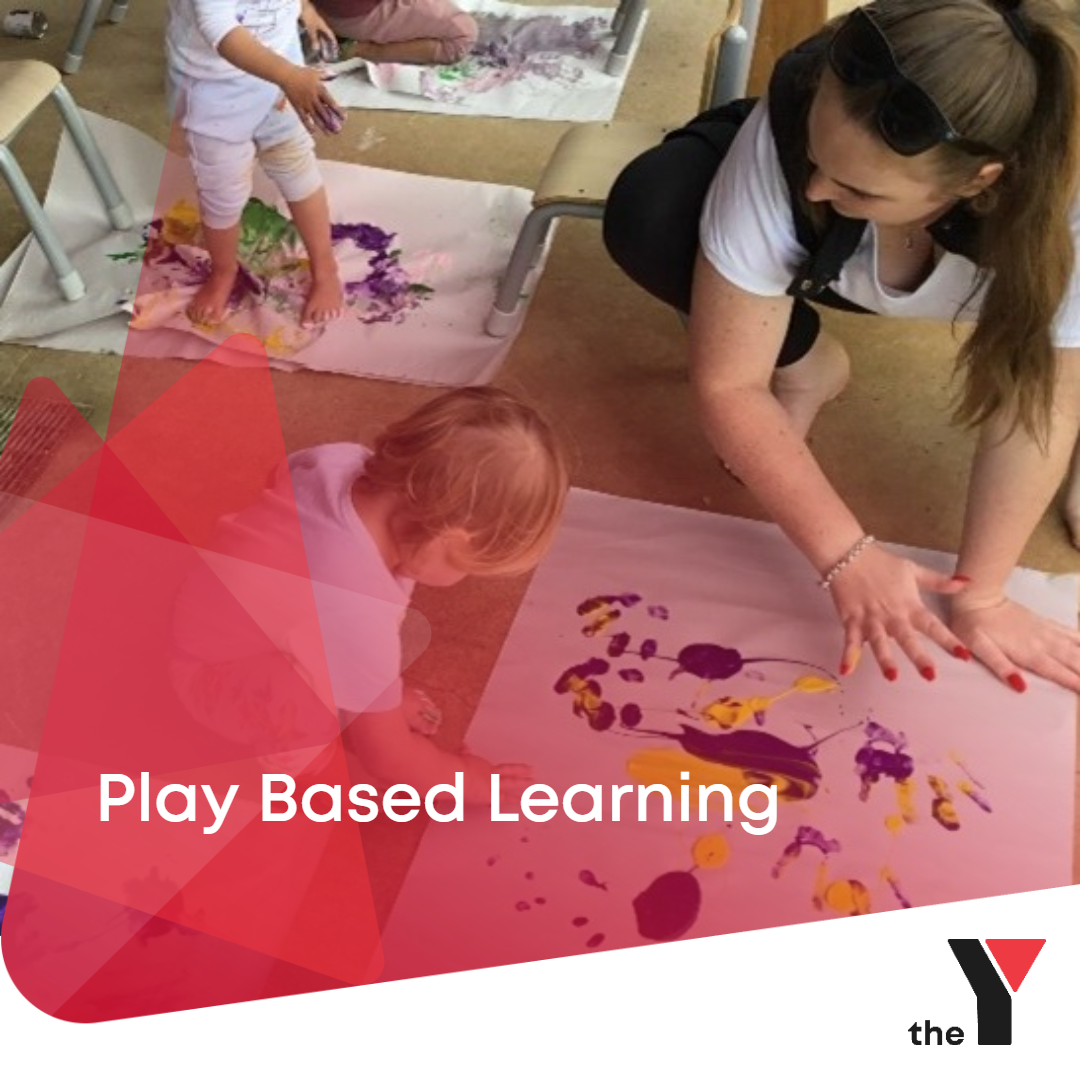Play can often be overlooked as just a simple activity that children engage in to pass time. However, it is possibly the most valuable teaching tool we can utilise.
Play-based learning involves a combination of spontaneous and planned activities centred around play, with the intention being to promote learning. It can be child-led or planned by educators and parents.
In order to support learning, children ideally would have three important things – a safe space to play in, time to explore and friends or peers to engage with.
During play, all kinds of learning occurs. A child’s social, physical, emotional and cognitive skills are all being developed. And being naturally curious, they are often interested in activities that help them explore through their senses in a fun way.
Play can sometimes be a very physical thing. Children manipulate their bodies, pushing themselves to their limits in what they can do. They learn to balance, stretch and climb – enhancing their gross motor skills and building up their strength. Even activities such as puzzles and others involving using their fingers to pick up small items are enhancing fine motor skill development.
Whilst a lot of play is solitary or done parallel to other children, another benefit can be the social side of it. It is through play with other people that children learn to socialise by practicing their communication skills. They need to express themselves and their feelings in order to cooperate in an activity with others – an important skill that helps them throughout their life.
Social play ties in with emotional development skills. Throughout play, children learn conflict resolution and how to regulate their own emotions. Being able to safely express themselves and how they feel through games is vital to their development. It is through imaginative ‘pretend’ play that they test out adult behaviour by mimicking what they see around them to try to make sense of their world and events in it. Through this, they are forming their own personality and sense of self. Not only that, but play itself is a form of stress-relief; vital for a child who is unable to express their emotions or frustrations yet.
Using their imagination through play enhances cognitive skills in multiple ways. Creativity flourishes, but so does their problem-solving skills. Watch a child use any items vaguely resembling a rectangle as a phone – that is one of the myriad of ways they will find an item to substitute the thing they want to use.
These benefits all eventually lead to developing key skills considered ideal for school-readiness and more structured learning later in life. Curiosity, concentration, resilience and creativity are all character traits that support a positive attitude towards learning and academic success.


